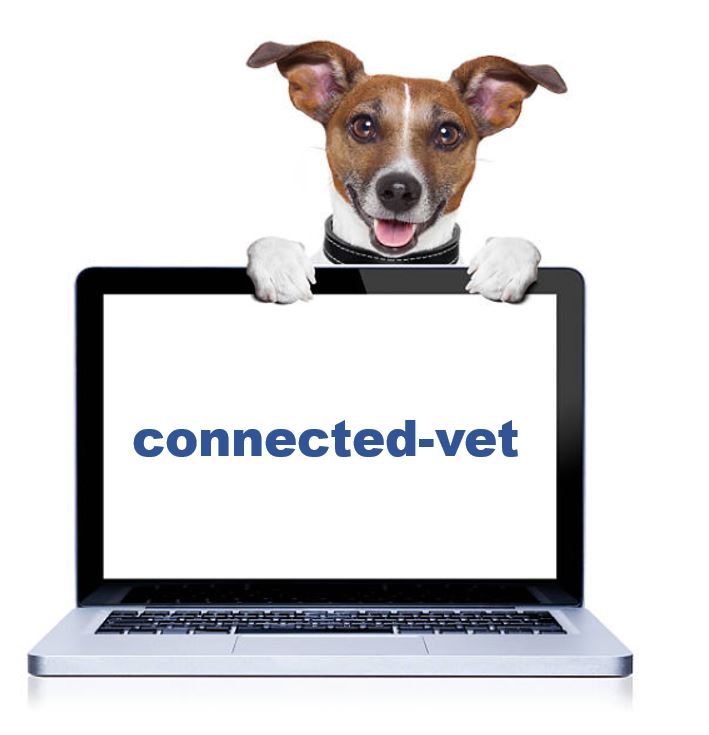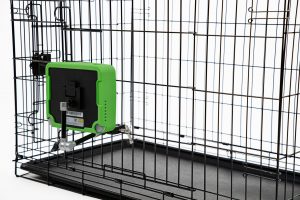Vetology.ai confirmed that a second peer-reviewed study demonstrates over 90% accuracy in radiology reads using Artificial Intelligence (AI) compared to radiologist diagnosis. In addition, Vetology.ai also announced last week that their AI technology is now available for cats, as well as dogs.
The present study demonstrated that AI software correctly identified cardiogenic pulmonary edema from canine thoracic radiographs in approximately every 9 out of 10 cases diagnosed with « CPE » by a board-certified veterinary radiologist.
The study, released earlier this year, analyzed 500 consecutive canine thoracic radiographs made after-hours by The Emergency Department at the Animal Medical Center in San Diego, CA. Accuracy, sensitivity, and specificity of the AI-based software compared to radiologist diagnosis were 92.3%, 91.3%, and 92.4%, respectively. These findings supported using AI software screening for thoracic radiographs of dogs with suspected cardiogenic pulmonary edema to assist with short-term decision-making when a radiologist is unavailable. Following this earlier study, a second study was conducted with the Tufts University Cummings School of Veterinary Medicine that showed that the AI algorithm with Vetology was able to determine the presence of pleural effusion with 88.7% accuracy (P< 0.05) in thoracic radiographs in dogs. Both studies can be found on the vetology.ai website.
“As the demand for teleradiology increases each year, the number of graduating ACVR board certified specialists cannot meet this demand,” said Dr. Seth Wallack, CEO and Founder of Vetology.ai. “The mission of our team of radiologists is to address increasing pressure on case load demand to help clinics, emergency, and specialty hospitals provide timely answers while the patient is still in the clinic. Our easy-to-use technology thinks like a radiologist and can address this need. We are thrilled with the outcome of these studies, which validate the effectiveness and accuracy of leveraging technology to enhance patient care.”
It is increasingly easy for a vet clinic to adopt and use AI technology. With vetology.ai for example, the set up takes about 10 minutes, and a vet clinic can be up and running in the same day. Vetology.ai configures the x-ray system in the clinic to send the x-rays to the Vetology platform, where they are viewable anywhere. Once the images are received, the artificial intelligence gets to work using the knowledge that it has learned from Vetology’s team of radiologists and millions of reads within the Vetology database. A detailed report is generated in 5 minutes. In addition, Patterson Veterinary offers Vetology AI Radiograph Analysis Software as part of their company’s growing portfolio of software solutions, and Sedecal x-ray systems come pre-configured for AI quick reads.
AI technology is increasingly being used by vet clinics across the country, with a growing level of success. “Vetology’s AI solution helps me in my practice by significantly expediting the answers we are looking for,” said Dr. Julie Brehrer, practicing veterinarian for 25 years. “Within minutes I can confirm or rule out certain diagnoses, and then proceed with treatment promptly and appropriate and feel confident I’m going down the correct path.” In addition, vet clinics are beginning to see positive feedback from their clients. “Clients are more compliant when they can see a written report to take home,” said Dr. Christina Haney, Alicia Pacific Veterinary Center in Laguna Niguel, California. “They are more readily willing to pay for the radiographs to be taken, our radiology compliance has gone up, and our medicine has improved as a result. » More customer testimonials and success stories can be found on the vetology.ai website.






